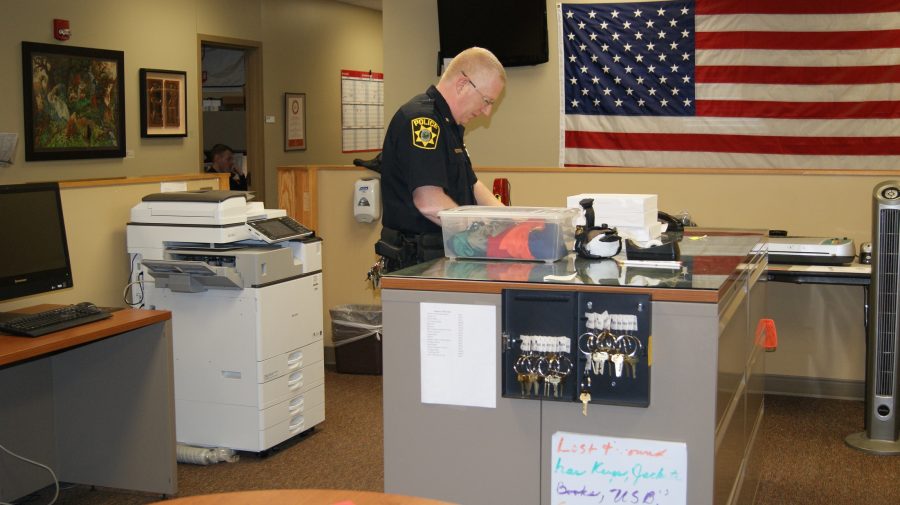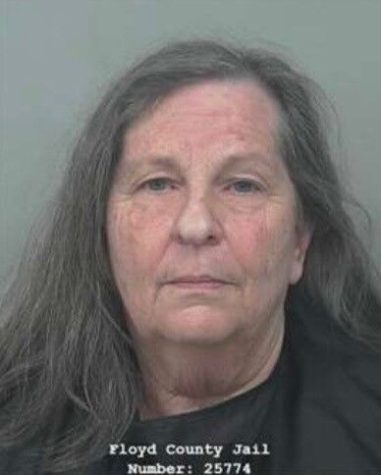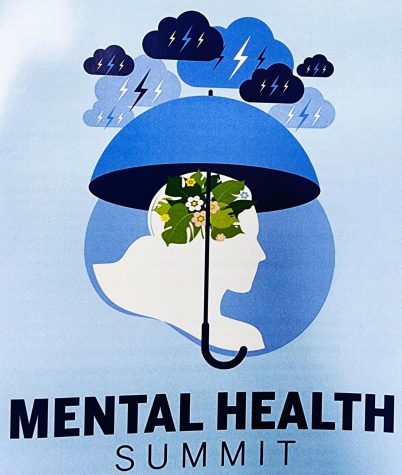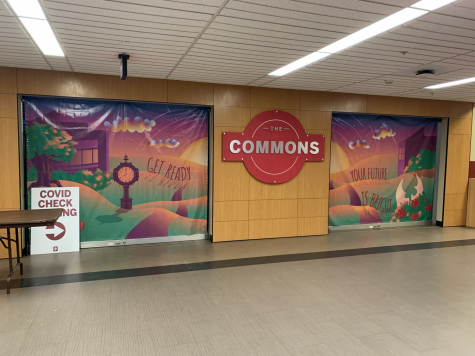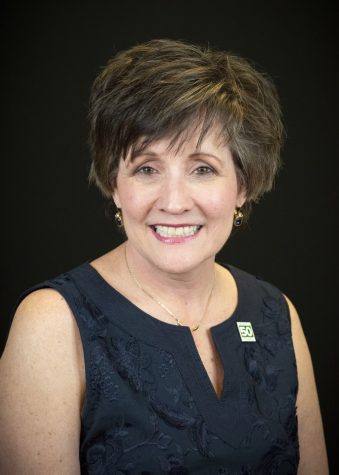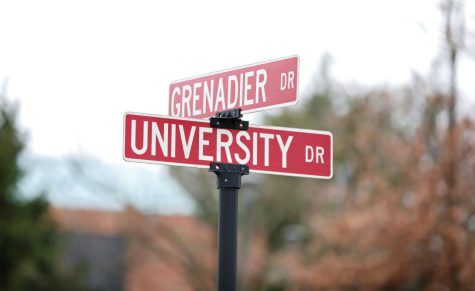Through the Eyes of a Police Officer
IUS Police Chief Charles Edelen filing reports, just one of his many duties in the IUS Police Station.
February 2, 2017
Heart pulsing, mind in slow motion, and everything on the line. Protesters rioting, safety being threatened and in-the-moment decisions made. These are some of things police officers must experience and face.
Headlines and videos of police responses and tactics are being covered across mass media now more than ever. According to CNN, it is not that there are more police shootings, but more media coverage.
This negative coverage can affect police officers in different ways. Travis Huntley, sergeant on the IUS police department, said it makes him sad to see all of the negativity.
Huntley said no matter the profession, there is always going to be a small percentage that cast a negative light on the profession, but overall, the vast majority does their job correctly and honestly.
The way society consumes information was one thing Huntley said is contributing to the negative view of police.
“People don’t really check facts,” Huntley said. “If it comes up on the little box in their pocket or across the computer screen, they believe it.”
Huntley said with people believing what they see, it gives the media more control over their viewers opinions, which he said fuels the negativity.
“You have to make a lot of decisions in an environment that’s changing rapidly and that’s very stressful,” Huntley said. “In the back of your mind you’re thinking about how is this going to look if I do have to shoot this person.”
IUS Police Chief Charles Edelen said he hopes with the training and experience officers have, they make the right decisions.
Huntley said a lot of people don’t know what it’s like to be a police officer, making it easier to make judgements about them.

“Again, it makes me feel bad because the majority people that are putting this information out there, putting down police officers, have never worn a uniform, have never been in a situation that may have been life or death … never had to have everybody judging every decision you have to make,” Huntley said.
Though he tries to ignore it, Edelen said he has become more aware of public opinion as the negativity builds.
Both officers expressed that they do not let the negativity affect the way they perform their jobs or how they feel about their jobs.
“I’ve been doing this a long time, so maybe I have the experience,” Edelen said. “The majority of the people believe in the police.”
Edelen said no matter the situation, even if protesters are there to protest against police, they still have to protect those people because that is part of being a police officer.
“I don’t try to dwell on it too much because you still have a job to do and you still have to come to work everyday,” Huntley said.
Just as both officers said they try to not let any public negativity affect them or their jobs, they said their families try not to let it bother them.
Edelen and Huntley said their wives have expressed concern at some point, but neither of them let public opinion worry them too much. Edelen explained his son is also a police officer, so his wife is used to it because both her son and husband are officers.
Huntley said his children are not really to an age of understanding what is really happening when there is negativity cast on police officers, so it has not really had an impact on them either.
Looking to the future, Edelen said this negative light on police could affect the numbers of applicants for police. He said he has anecdotally heard stories of lower applicant numbers, but he does not think it will be a major decrease in the end.
Huntley said he also does not feel that numbers will go down, as the majority of people do not view police as bad and most people who plan to become police officers will still fulfill their calling.
Just as most people who choose a career in military service, Huntley said those who become police officers most often do so because they feel a calling and an inspiration to become an officer.
Although it may not be directly related to media coverage or public opinion, Edelen said body cameras are soon to come to IUS Police.
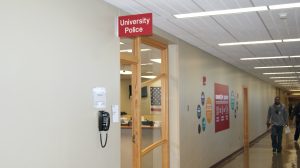
Edelen said studies have shown that when body cameras are worn both civilians and police officers respond differently than when they are not present.
He also said in the future, the way officers present themselves and the things they do and say must be thought through to be sure a negative image cannot be derived from anything.
Overall, both officers felt that protecting people is much more important than what people or the media think of them. They both determined that ultimately, there is a job to do.
“I just think the world right now is tense,” Huntley said

